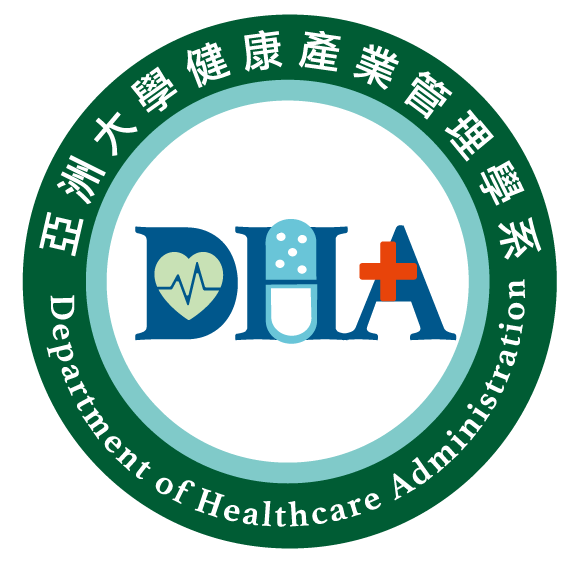|
|
Insurance system needs overhaul
By Yaung Chih-liang 楊志良
By 2009, accumulated National Health Insurance (NHI) liabilities had reached more than NT$60 billion (US$1.84 billion), to which NT$2 billion was being added every month. Not only was the public unwilling to accept an increase to health insurance premiums, but members of the Cabinet were also hesitant to respond to the situation.
At the time, the Ministry of Health and Welfare (then the Department of Health) made a Herculean effort to explain the situation to the public. Lee Chia-tung (李家同), Chen Shu-chu (陳樹菊), Sun Yue (孫越) and other like-minded individuals took on the role of spokespeople, producing a film that was shown in hospitals and clinics.
Thanks to the efforts, by 2010, the health insurance premium rate had been raised from 4.55 percent to 5.17 percent. As a result of the increase, the NHI’s financial situation started to stabilize: Not only were debts being paid, but a reserve fund was also being built up.
Former ministers of Health and Welfare know that any adjustment to the health insurance premium rate must be carried out in accordance with the law, but very few have been willing to tackle the problem head on. The reason for this is that as soon as a minister suggests raising the premium rate, he or she would be reprimanded both by members of the legislature and by the public, and the Cabinet would immediately cave in under the pressure.
In 2002, the only other minister to have raised the premium rate — Lee Ming-liang (李明亮) — stepped down as soon as the bill that would raise the payments was ratified. It seems every minister who raises the health insurance premium rate is fated to resign from their post.
It was therefore extremely difficult to bring the NHI’s finances back under control and build up the surplus of more than NT$200 billion.
Recently there has been talk of reducing the premium rate. Staff at the Ministry of Health and Welfare and the National Health Insurance Administration (NHIA) must be disappointed. Or could it be that there is a real need to reduce the premium?
First, the issue of the reserve fund needs to be taken into consideration.
The purpose of the reserve fund is to balance the NHI’s finances and provide a backup money supply in case there is a shortfall in cash flow. Sources of revenue for the reserve fund include surplus funds at the end of the financial year, late payment fees, proceeds from operation of the reserve fund, and funds raised from the taxation of alcohol and tobacco.
According to the regulations set out in the National Health Insurance Act (全民健保法), the reserve fund should, in principle, be equal to the amount spent on medical insurance in the past one to three months. By August, the reserve fund had reached a total of NT$208.5 billion, which is enough to cover 4.7 months’ worth of medical insurance expenditures.
Since the reserve fund has already met the required standard set out in the act, there is certainly an argument to be made for reducing the premium rate. Nevertheless, instead of simply reducing the premium rate, the NHIA should also take steps to share the proceeds with the public.
For example, the stable financial condition of the NHI could be used to step up reforms in the healthcare system, such as increasing resources for medical care in remote areas, easing the pressure on overburdened hospitals, improving payouts for new drugs and treatments, resolving the severe shortage of doctors in general medicine, surgery, gynecology, pediatrics and emergency care, and improving the overall quality of treatments.
<翻譯自蘋果日報-建立建保財務責任制 此其時>
http://www.taipeitimes.com/News/editorials/archives/2015/10/25/2003630856


